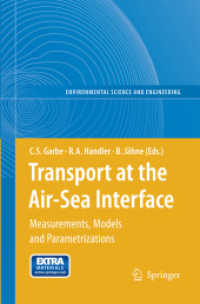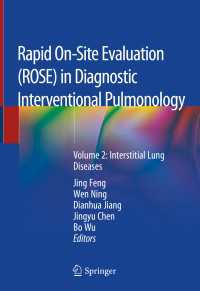Description
Enlightenment in Dispute is the first comprehensive study of the revival of Chan Buddhism in seventeenth-century China. Focusing on the evolution of a series of controversies about Chan enlightenment, Jiang Wu describes the process by which Chan reemerged as the most prominent Buddhist establishment of the time. He investigates the development of Chan Buddhism in the seventeenth century, focusing on controversies involving issues such as correct practice and lines of lineage. In this way, he shows how the Chan revival reshaped Chinese Buddhism in late imperial China. Situating these controversies alongside major events of the fateful Ming-Qing transition, Wu shows how the rise and fall of Chan Buddhism was conditioned by social changes in the seventeenth century.
Table of Contents
Conventions and Explanatory NotesChronologyIntroductionPart I: The Context of Seventeenth-Century China1. Reenvisioning Buddhism in the Late Ming2. The Literati and Chan Buddhism3. The Rise of Chan BuddhismPart II: The Principle of Chan4. Clashes among Enlightened Minds5. The Divergence of Interpretation6. The Yongzheng Emperor and Imperial InterventionPart III: Lineage Matters7. The Debate about Tianhuang Daowu and Tianwang Daowu in the Late Ming8. The Lawsuit about Feiyin Tongrong's Wudeng yantong in the Early Qing9. The AftermathPart IV: Critical Analysis10. Explaining the Rise and Fall of Chan Buddhism11. The Pattern of Buddhist Revival in the PastConcluding RemarksAppendix 1Appendix 2Appendix 3GlossaryAbbreviations of Dictionaries and CollectionsNotesBibliographyIndex






